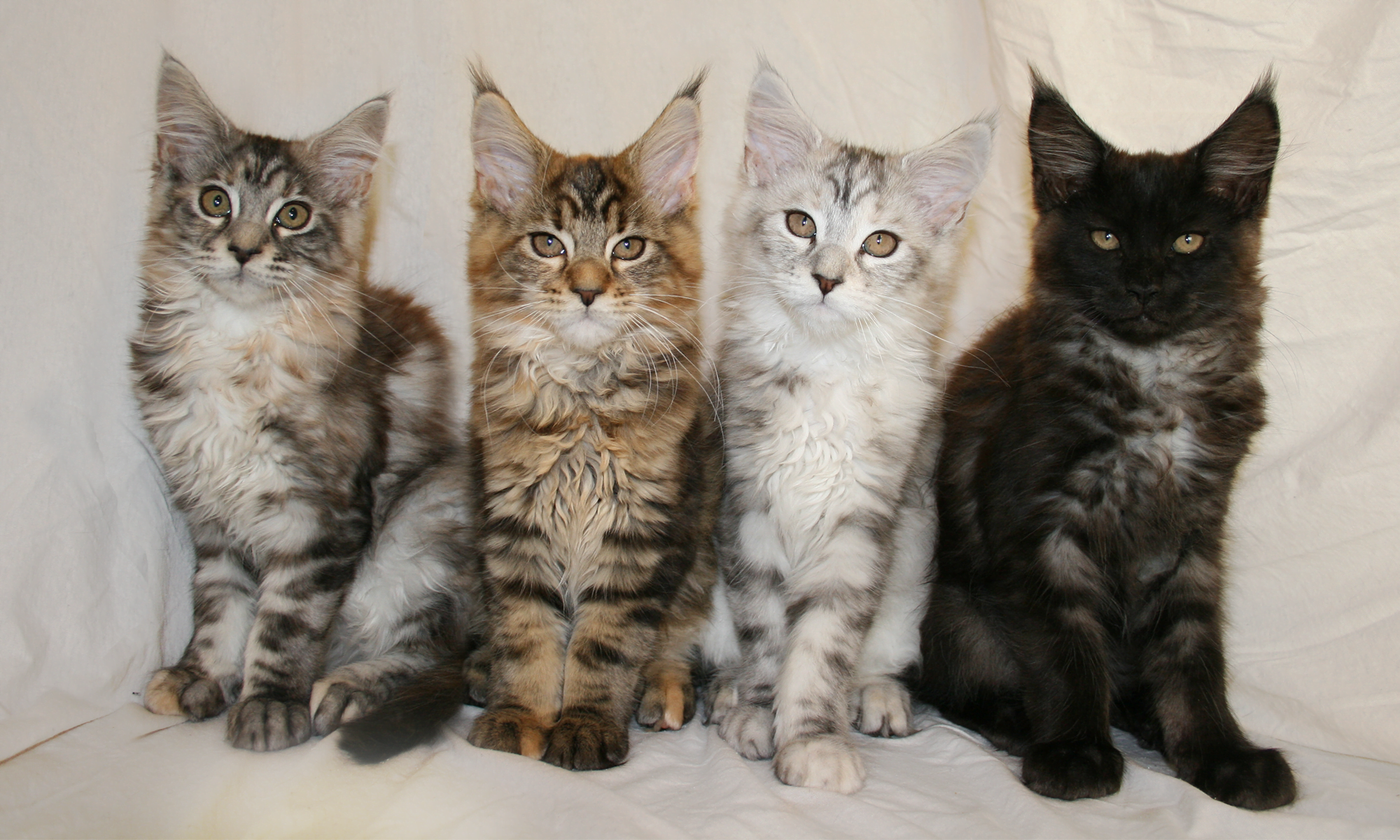Our cats undergo thorough testing before they have kittens. But what exactly are they tested for?
HCM (Hypertrophic Cardiomyopathy): HCM is a heart condition in cats where the heart muscle becomes too thick. A specialized veterinarian can check this with a special heart ultrasound.
PKD (Polycystic Kidney Disease): PKD is an inherited condition in which fluid-filled sacs form in the kidneys, potentially leading to kidney failure. An ultrasound can be used to see if these sacs are present.
HD (Hip Dysplasia): HD is a problem with the cat’s hip joints, causing them to not function properly. A veterinarian can assess if the hips are normal.
DNA Tests: These tests are conducted to check if a cat has certain inherited diseases or is a carrier of these diseases. They use the cat’s DNA to determine this. Blood type is also tested during DNA testing.
Blood Type: A blood type test in cats is important to protect the health of kittens. It tells us what blood type a cat has and prevents problems such as anemia in kittens with different blood types. It is also crucial for blood transfusions to ensure the donated blood is safe. Breeders use this information to make responsible breeding decisions.
FIV (Feline Immunodeficiency Virus) and FELV (Feline Leukemia Virus): These are viruses in cats that weaken the immune system and can cause various health problems. A blood test can determine if a cat is infected.
Performing these tests is important to ensure the cat’s health and prevent genetic conditions or infectious diseases from being passed on to kittens or other cats.
